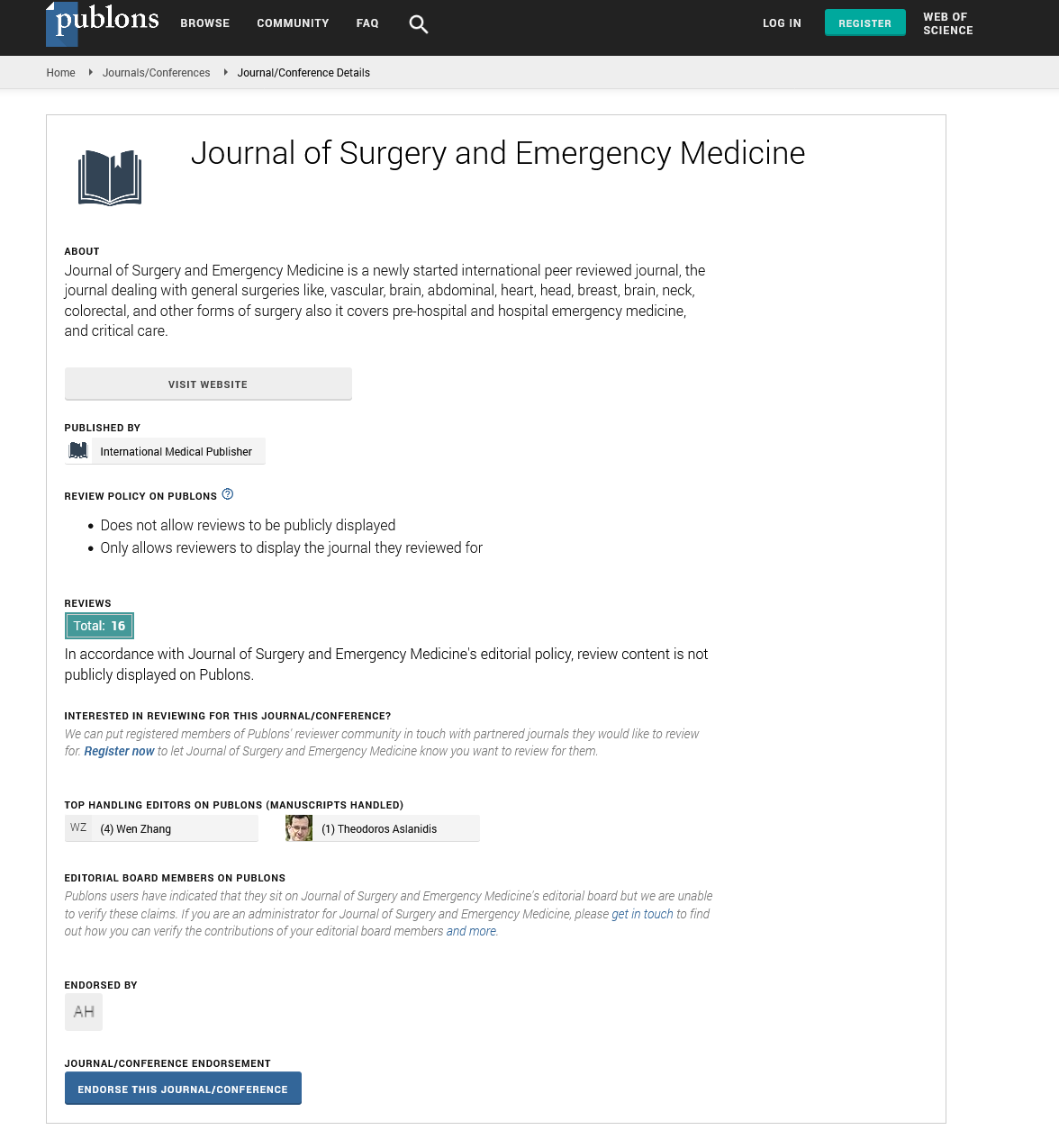Abstract
Symptoms of congestive heart failure
Heart failure is a medical syndrome produced by structural and functional deficiencies in myocardium brings about in damage of ventricular filling or the ejection of blood. Congestive Heart Failure is a condition in which the heart cannot pump all the blood returning to it, leading to a backup of blood in the vessels and an increase of fluid in the body's tissues, including the lungs. The maximum cause for HF is reduced left ventricular myocardial function; though, dysfunction of the pericardium, myocardium, endocardium, heart valves or great vessels alone or in combination is also connected with Heart failure. A number of the major pathogenic mechanisms leading to HF are increased hemodynamic load, ischemia-related dysfunction, ventricular alteration, excessive neuro-humoral stimulation, unusual myocyte calcium cycling, excessive or inadequate proliferation of the extracellular matrix, speeded up apoptosis and genetic mutations. Symptoms of heart failure contain those due to excess fluid increase (dyspnea, edema, orthopnea, abdominal distention from ascites, and pain from hepatic congestion) and those due to a decrease in cardiac output (fatigue, weakness) that is most noticeable with physical exertion. Acute and subacute presentations (days to weeks) are deliberated by shortness of breath at rest and/or with exertion, paroxysmal nocturnal dyspnea, orthopnea, and right upper quadrant distress due to acute hepatic congestion (right heart failure). Palpitations, with or without lightheadedness can take place if patient cultivates atrial or ventricular tachyarrhythmias.
Author(s): Balraj K
Abstract | Full-Text | PDF
Share This Article
Google Scholar citation report
Citations : 131
Journal of Surgery and Emergency Medicine received 131 citations as per Google Scholar report
Journal of Surgery and Emergency Medicine peer review process verified at publons
Abstracted/Indexed in
- Google Scholar
- Publons
Open Access Journals
- Aquaculture & Veterinary Science
- Chemistry & Chemical Sciences
- Clinical Sciences
- Engineering
- General Science
- Genetics & Molecular Biology
- Health Care & Nursing
- Immunology & Microbiology
- Materials Science
- Mathematics & Physics
- Medical Sciences
- Neurology & Psychiatry
- Oncology & Cancer Science
- Pharmaceutical Sciences
